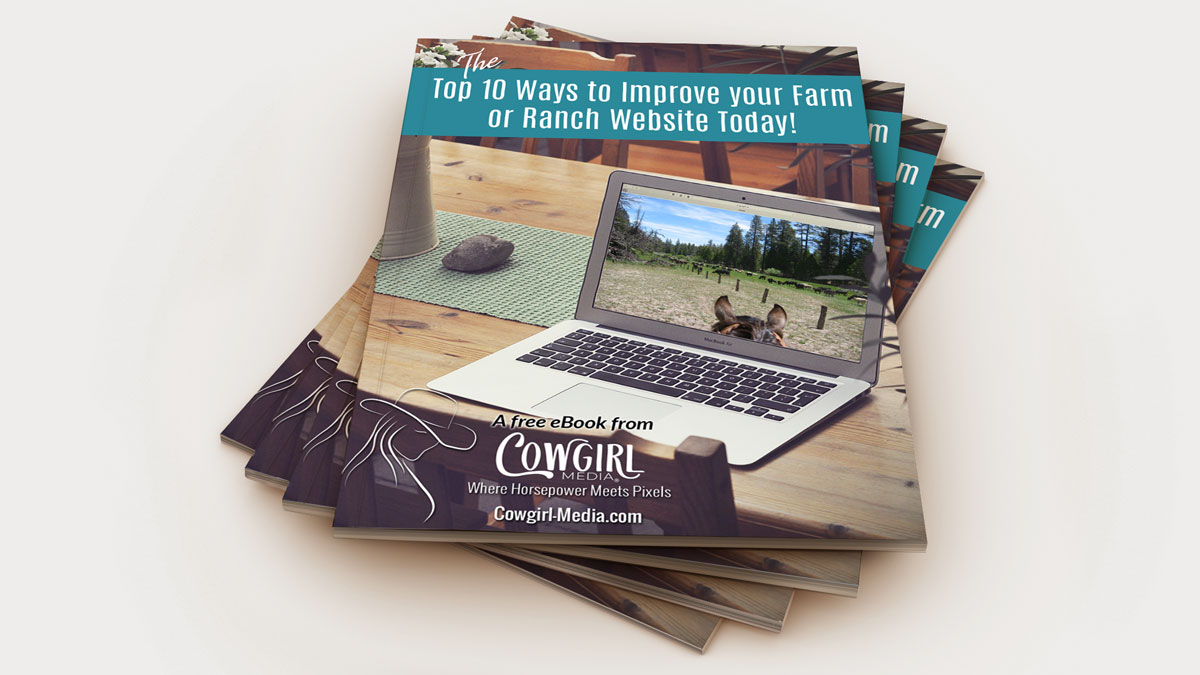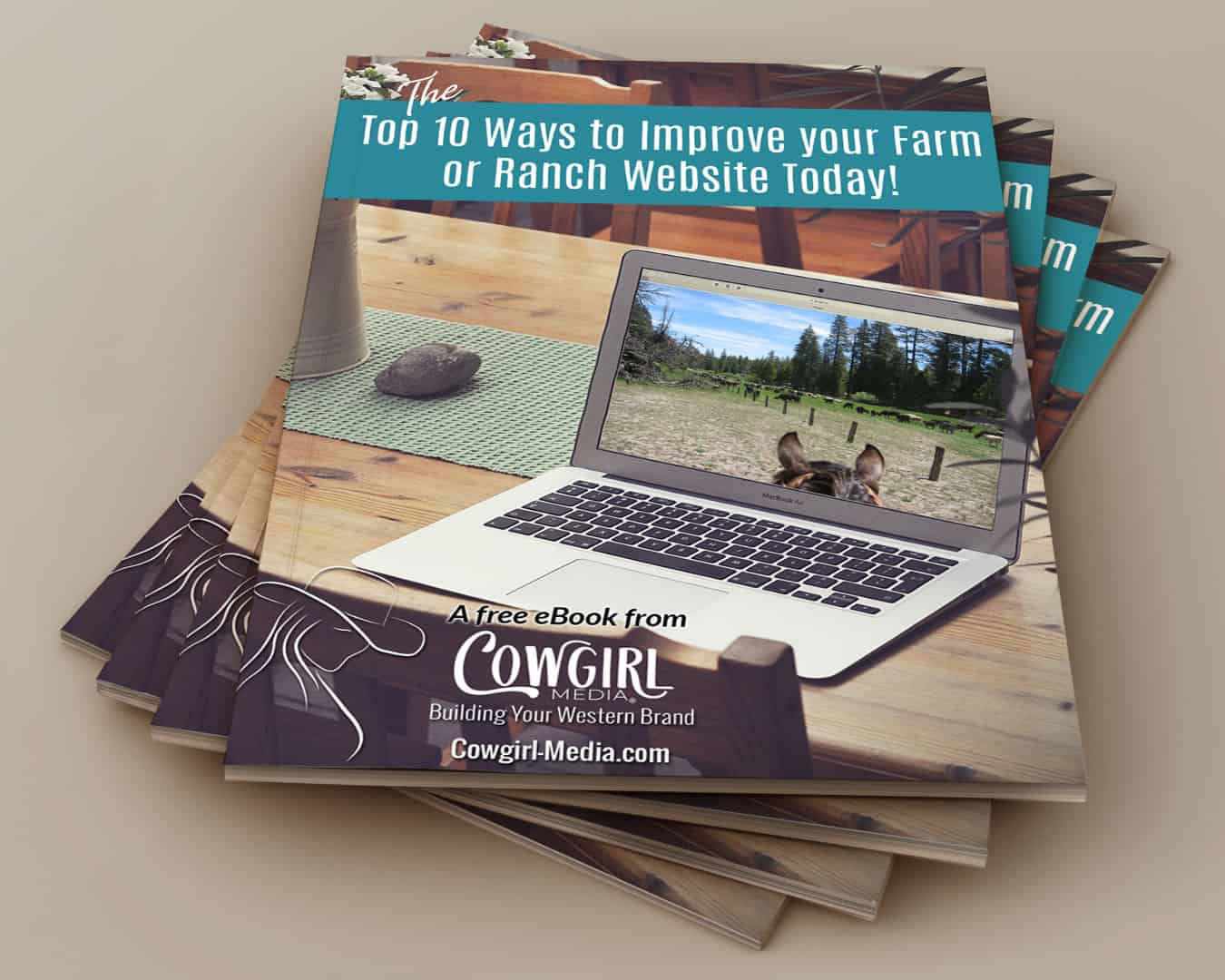Entreprenuer.com defines a Unique Selling Proposition as “The factor or consideration presented by a seller as the reason that one product or service is different from and better than that of the competition”.
A strong unique selling proposition lets you stand apart from your competitors and allows you to actively focus your energy on creating things that cater to your ideal group of customers.

As Seth Godin put it:
Instead of working so hard to prove the skeptics wrong, it makes a lot more sense to delight the true believers. They deserve it, after all, and they’re the ones that are going to spread the word for you.”
In other words, having a unique selling point—even one that might leave out some potential customers—is a competitive advantage that allows you to avoid the trap of trying to please everyone, and sending your message to the wrong people who just won’t get it.
What’s the difference between a USP and a slogan or tagline?
A slogan or tagline is your catchy phrase that summarizes what you do, what you want your prospects to know about you and potentially gets customers in the door. It can also speak to a particular benefit they might reap if they buy from you. A USP is more detailed and more specifically describes what sets you apart from your competitors. They can certainly be related, and sometimes you might create your USP before your slogan, but this will often depend on what it is that makes you different and what industry you’re in.
Why you need a Unique Selling Proposition
Chances are that many of those who might need what you’re selling are having a hard time deciding who in your industry is the best option for them. Who should they trust? Who deserves their money? Who should they invest their time in?
Making this decision can be a daunting process for those that don’t have enough experience to know what separates one competitor from another.
That’s why it’s your job – your responsibility, actually – to help them out by making your USP obvious. They should be slapping their head and saying, “This is a no-brainer!”. Your USP should be memorable enough so they can see, right off the bat, what you offer that the other guys don’t.
Creating a Unique Selling Proposition that works
Pinpointing your USP will require even more soul-searching and creativity. One way to begin is to take a look at how other companies use their USPs to their advantage. This will require you to carefully analyze other companies’ ads and marketing messages. If you analyze what they say they sell, not just their product or service characteristics, you can learn a great deal about how companies distinguish themselves from competitors.
For example, Charles Revson, founder of Revlon, always used to say he sold hope, not makeup. Some airlines sell friendly service, while others sell on-time service. Neiman Marcus sells luxury, while Wal-Mart sells bargains.
When it comes to crafting your USP, there is no “one-size-fits-all” solution.
Having said that, there are some best practices that will work for most entrepreneurs, and can help you create a worthwhile USP that will work for you.
Shamelessly appeal to your ideal customer (and don’t worry too much about the rest of ’em)
Now that you’ve gone through all the hard work of finding out who exactly your ideal customer is, don’t be shy about appealing to them through every avenue available to you.
Some well known retailers have gone to the extreme to even ostracize those that don’t fit into their ideal customer profile, and thus build brand loyalty from those that do. Abercrombie & Fitch’s CEO Mike Jeffries identifies their ideal customers as “cool, good-looking people,” and has publicly said the brand refuses to market to anyone outside of that subgroup.
While I’m not advocating that you take it to this extreme necessarily, as an entrepreneur, happiness begins when you finally are able to work with exactly who you want to work with, so carefully defining and qualifying your customers is important. By marketing specifically to those people, and in essence, leaving everyone else out, your marketing will reach more people, and more importantly, draw in the right “type” of client.
Put yourself in your customer’s shoes.
Too often, business owners fall in love with their product or service and forget that it is the customer’s needs, not their own, that they must satisfy.
As was so often repeated to me by my own marketing mentor, and I’ll repeat it often here as well, “It’s not about you!”
Step back from your day to day humdrum and carefully analyze what your customers really want. Suppose you own a tack & feed store. Sure, customers come into your store for hay and a new bridle, but is that really all they’re looking for? What could make them come back again and again and ignore your competition? The answer might be quality, convenience, reliability, friendliness, cleanliness, courtesy, customer service, or your client appreciation BBQ every first Friday of the month. Remember, price is never the only reason people buy. If your competition is beating you on pricing because they are larger, you have to find another sales feature that addresses the customer’s needs and then build your sales and promotional efforts around that feature.
Know what motivates your customers’ behavior and buying decisions.
Effective marketing and branding may require you to brush up on your psychology skills just a bit. It’s important that you figure out what drives and motivates customers. Think out of the normal box of customer demographics, such as age, gender, race, income and geographic location. For our tack & feed store example, it is not enough to know that 75 percent of your customers own just 2 horses. You need to look at their motives for buying that new bridle, when they already have 8 hanging in their tack room and only 2 horses to use them on.
Cosmetics and liquor companies are great examples of industries that know the value of psychologically oriented promotion. People buy these products based on their desires (for pretty women, luxury, glamour and so on), not on their needs.
Discover the real reasons customers will buy your product instead of your competitor’s.
As your business grows, you’ll be able to ask your best source of information: your customers!
Ask them why they prefer you over another business. Most people will have an opinion on just about everything, and will be more than happy to share it with you, if asked. And don’t forget to ask them for their suggestions on how and what you could improve upon, so you can continue to “Ride for the Brand”, and draw in your ideal customers.
Get personal
Can a strong personality be incorporated into a company’s unique selling proposition?
Absolutely! But do proceed with caution.
Stealing from hip-hop mogul Jay Z’s insistence that he’s “not a businessman, he’s a business, man,” businesses (especially small businesses) should realize that a strong personality can go a long way—as long as it aligns with what is being sold.
Some USP examples to get you started.
Enterprise Rent a Car
Not every rental car company will pick you up at your door, and that is what sets Enterprise apart from its competition. This translates into convenience and not having to arrange a ride to the rental car store.
Zappos
They’ve built their business on offering free shipping and free returns, which eliminates the worry of buying online for people, thus setting themselves apart from much of their competition. If the shoes don’t fit, you can return them easily, no questions and for free, so you’re not out any money. Speaking from personal experience, this is huge.
Saddleback Leather
A smaller site I came across, their slogan is “They’ll Fight Over it When You’re Dead”. Their brand story is unique and what sets them apart is the quality of their products that will outlast you and maybe your heirs.
Click here to view all the articles in The Branding Pen Series.
Save





